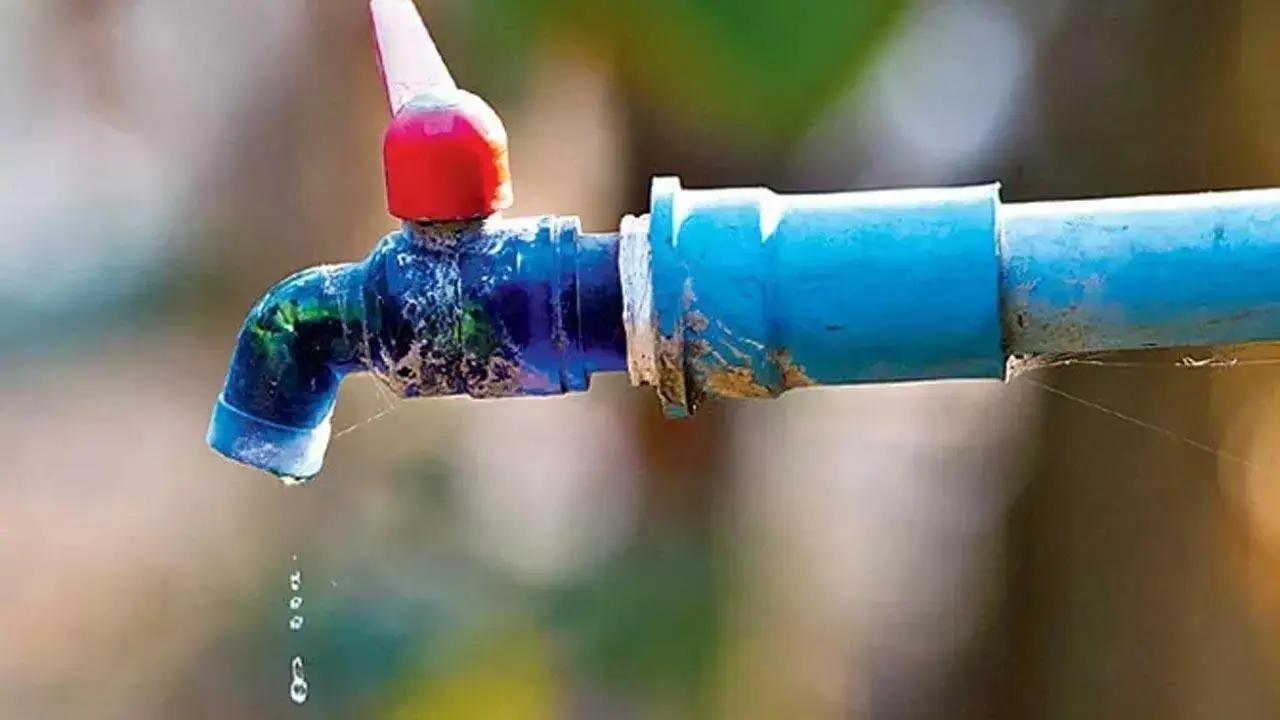Residents across key areas in Thane, including Mumbra, Kalwa, Diva, parts of the Wagle Estate ward, and Kolshet villages near Majiwada, are bracing for a full-day disruption in piped water supply this Thursday.
Beginning at 12 noon on 22 May 2025, the interruption is expected to last for 24 hours and will affect households, businesses, and small industrial units alike. The water cut has been formally announced by the Thane Municipal Corporation (TMC), citing urgent maintenance and modernisation works at the Jambhul Water Treatment Plant operated by the Maharashtra Industrial Development Corporation (MIDC). The treatment facility is a critical node in the region’s water infrastructure, supplying a significant portion of Thane’s daily potable water needs.
According to municipal officials, the shutdown is part of a broader infrastructure overhaul being undertaken by MIDC to ensure long-term efficiency, quality control, and environmental sustainability of the water distribution network. The work involves detailed inspection, cleaning, and replacement of ageing mechanical components within the plant. The move, though planned, comes at a time when the summer season has already put pressure on urban water resources. For residents of the affected areas, particularly in high-density localities like Kisan Nagar No. 2, Nehru Nagar, and Rupadevi Pada, the news of a day-long water cut is both a logistical challenge and a reminder of the region’s fragile water infrastructure.
“This temporary inconvenience is necessary to prevent larger disruptions in the future,” said a senior official from the water department. “Several crucial mechanical parts at the Jambhul facility have aged beyond their safe operational life. We are now prioritising proactive replacements and cleaning to avoid sudden breakdowns during peak demand.” The repair and upgrade plan, which includes high-pressure pipeline flushing, valve overhauls, and sediment removal, is in line with MIDC’s ongoing efforts to improve the region’s water quality and reduce energy-intensive water pumping. By cleaning filters and modernising internal systems, MIDC aims to not only stabilise supply but also reduce operational emissions over time.
Infrastructure experts have supported the move, citing that such pre-emptive maintenance is integral to building resilient urban services. “These are interventions that form the backbone of sustainable and equitable city services,” noted a water systems consultant. “Cities like Thane, which are undergoing rapid urbanisation, need routine investments in existing infrastructure to meet both population needs and climate resilience targets.” As per the TMC, alternate water supply arrangements will not be possible during the 24-hour shutdown. Citizens have been urged to store adequate water for drinking, cooking, and sanitation needs prior to the cut-off time. Local officials have also issued advisories to housing societies and commercial establishments to manage usage and avoid panic-buying of bottled water.
Many residents, especially those living in economically vulnerable clusters, are concerned about how the cut will affect daily life. With tankers already in high demand across parts of the city, there is apprehension that prices might spike and unregulated private suppliers may exploit the situation. In the longer term, the disruption underlines the urgent need for cities like Thane to adopt decentralised and climate-adaptive water management strategies. This includes rainwater harvesting, greywater recycling, and demand-based smart metering, which could ease dependence on large centralised plants like Jambhul and bring equity in access across informal settlements and formal housing clusters.
The Thane civic body has stated that full water supply is expected to resume by 12 PM on Friday, 23 May. Restoration efforts will include flushing pipelines to remove any residual sediments post-maintenance, ensuring that water quality remains uncompromised. Civic planners argue that while a one-day disruption may be difficult for residents, such activities are pivotal to creating greener and more efficient cities in the long run. “This isn’t just about fixing pipes. It’s about future-proofing our basic services,” a senior municipal planner explained. “If our cities are to achieve sustainability targets and Net Zero aspirations, then critical utilities like water must be upgraded proactively and transparently.”
In the face of mounting climate uncertainties and resource strain, these infrastructure upgrades offer an opportunity to pivot towards smarter and more inclusive urban systems. But as the immediate impact of the 24-hour cut looms, the test will lie in how effectively the civic administration manages citizen communication, resource equity, and post-repair recovery. With Thane’s population and urban footprint expanding rapidly, such disruptions may become more frequent unless comprehensive water management policies are fast-tracked. Ensuring that the poorest and most vulnerable are not disproportionately affected by these service gaps must remain a priority for urban authorities.
For now, residents are being advised to store water in advance, use it judiciously, and reach out to their respective ward offices for support in case of emergencies. The civic body has assured the public that every precaution is being taken to complete the maintenance on time and restore supply with minimal disruption.
Also Read : Mumbai court orders removal of dumped vehicles


